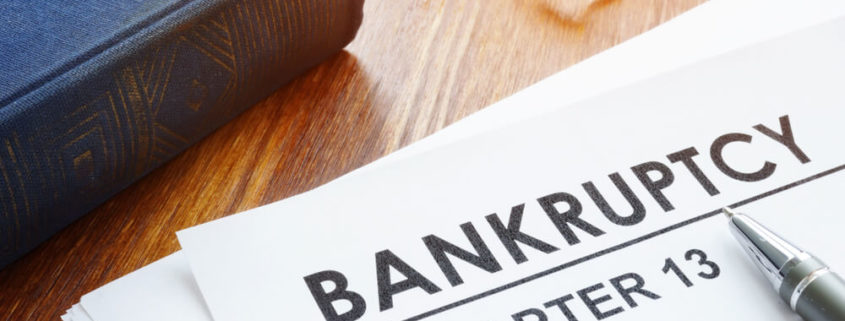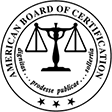Is a Chapter 13 bankruptcy right for you?
Between a mortgage, car loans, medical bills, credit cards and more, you can face many debts. And when you support a family, your paycheck may not cover all the bills you have. You may have reached the point where your debt is unmanageable. When you reach this point, bankruptcy can offer you relief.
But when you think about declaring bankruptcy, you may worry that you will lose all your possessions, including your family home. However, you may be able to use Chapter 13 bankruptcy to keep your belongings and pay off most of your debt. Depending on your specific situation, Chapter 13 could be right for you.
Creating a payment plan
When you file for Chapter 13, you consolidate your debt and create a payment plan. Any bill that you owe goes into this plan. Instead of paying each one individually, you pay a lump sum to a bankruptcy trustee who pays your creditors. You work with the court to decide how much you will pay each month. Once the plan starts, it can last from three to five years.
Discharge of unsecured debt
At the end of your plan, you may still have unsecured debt, like credit card or medical bills. The judge can discharge unsecured debt at the end of your three-to-five-year payment plan, which removes your obligation to pay it.
Controlling your ability to pay off your debt
A Chapter 13 filing lets you pay off creditors in a controlled setting. This type of bankruptcy makes sure you don’t lose your house or belongings while you pay your debt. You can keep stability for your family while improving your financial future.
If you go through a successful Chapter 13 bankruptcy, you can come out the other end free from unpaid debt. The process can let you reset your finances and start fresh for your future without losing any of your important possessions.





Leave a Reply
Want to join the discussion?Feel free to contribute!